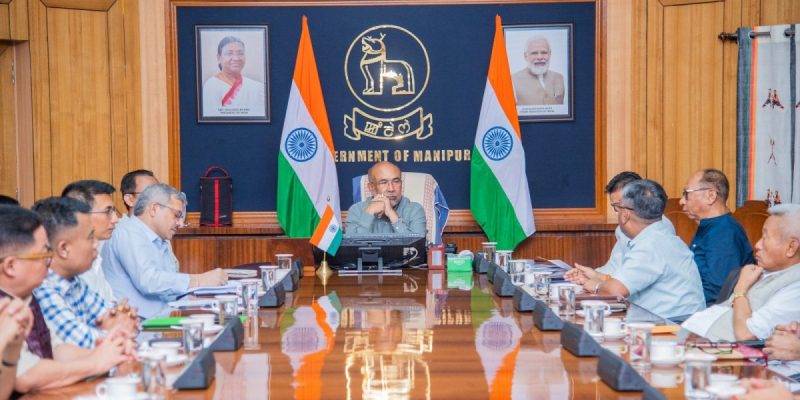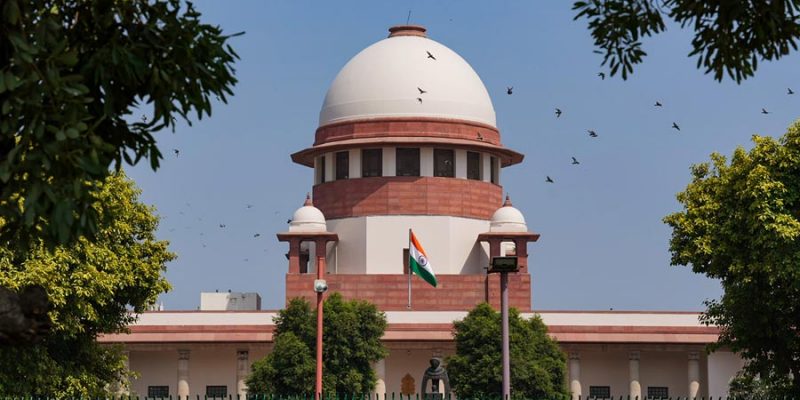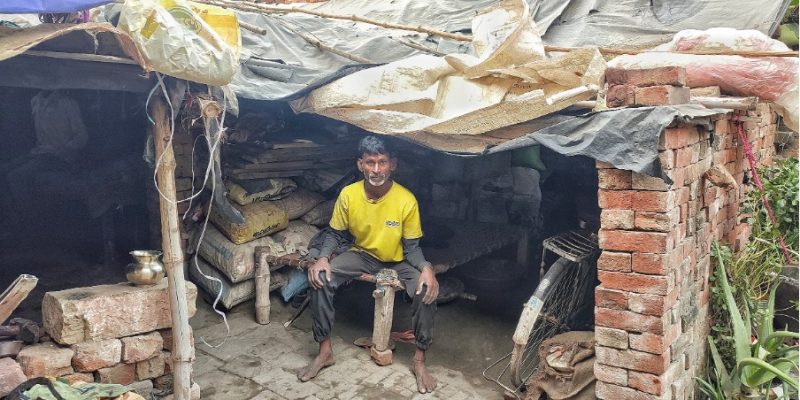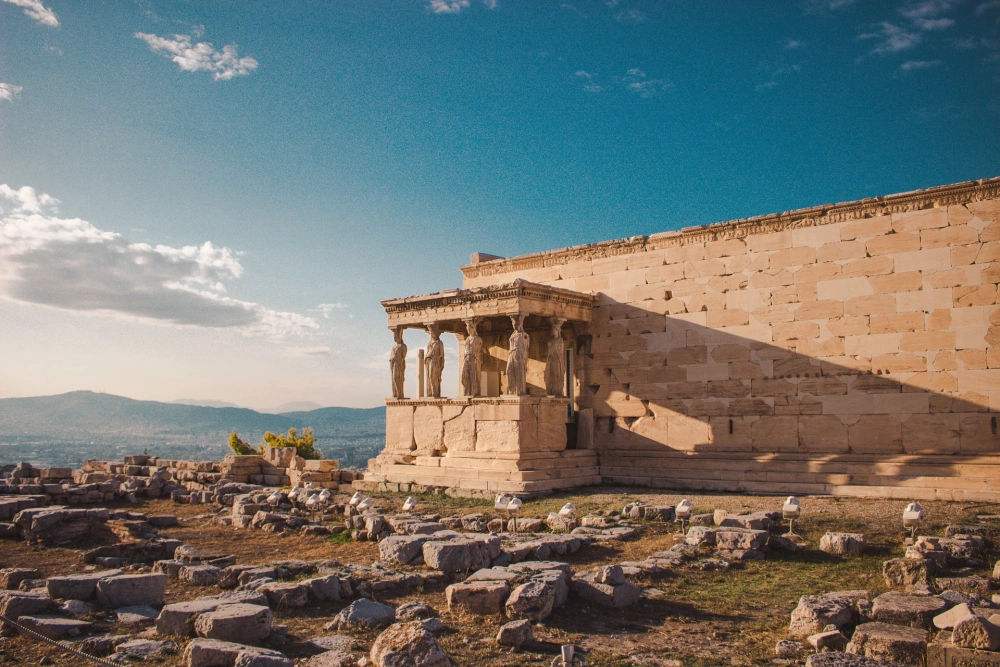In the Land of ‘Charity Is Virtue, Cruelty Is Sin’, Is Indianness in Peril?
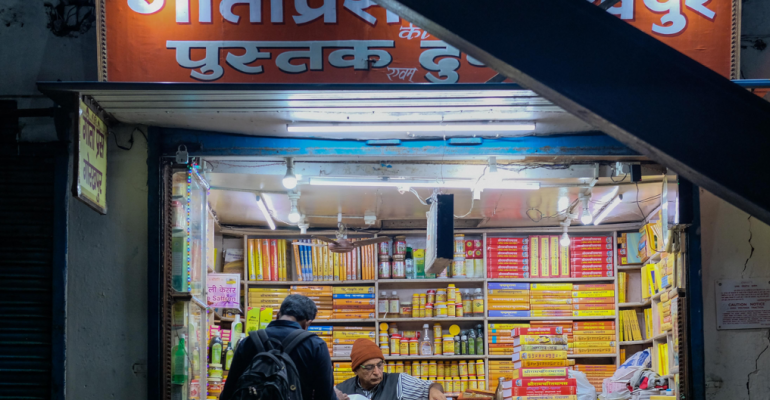
A hot morning in Jaipur. I was desperate to catch the flight to Delhi, for which I had not been able to do the web check-in. Thankfully, there was no crowd at the gate. The journalist, and my friend, Om Thanvi triumphantly waved from his car inviting me again to his city. I moved towards the gate. The CISF jawan extended his hand. I gave my ticket and identity card to him.
After matching the two, he smiled and said, “Well, you teach Hindi!” “Yes,” I replied. “It always gives me pleasure to meet someone like you,” the officer said. He meant a “Hindiwala”.
Seeing my curious look he made it clear: “Nowadays, where are people who study in their own language Hindi? Hindi and Sanskrit are dying.” I was tempted to inform him that every session in Delhi University we admit approximately 800 students in our MA course alone. Out of an aspiring 3,000 candidates, hardly any seat remains vacant in the Hindi course in any college.
Leave aside BA and MA, we have admitted 220 scholars in our PhD programme this year. I see the Sanskrit department also flourishing, although my teacher friends from Rajasthan told me that the condition of Sanskrit in the state’s colleges is not very encouraging.
But this was not the only concern of the jawan manning the entrance to Jaipur airport. Our language is not just a language, it is the repository and carrier of our values and culture. “Where is moral education left now?” he asked. The worry was somewhat deep. In fact, it contained multiple worries.
“In our time, there was punishment for not greeting people properly. We were sure to get caned if we failed to say ‘Ram Ram’ to our elders. Now the children do not know all this at all. Sex education and what not is being taught now.”
The officer clarified he was not against it but the neglect of “moral values” remained a concern. All this, according to him, is the result of what “Lord Macaulay had done 200 years ago”. According to him, we have not been able to undo the damage even after being independent for 75 years.
I was past the gate but after me the queue of other passengers waiting to get their tickets and IDs checked was lengthening. I was also getting impatient as I was yet to get my boarding pass. I did not want to be told that all aisle seats were already taken. But the CISF officer’s concerns went far beyond the momentary and mundane. He had civilisational concerns to take care of. My identity as a Hindi teacher had made him feel I would be able to appreciate his disappointment with the decline of culture.
The concern was real, not strategic. I could sense that from our conversation lasting barely seven to eight minutes, although my role was only that of a listener. But I kept wondering about the source of this concern. The undeserved respect I got for being a teacher of Hindi was in the hope that I would not only preserve lost Indian values and our crumbling Indian civilisation, but that I would also feel responsible for their promotion.
Hindi, Indianness, sanskar, all these get mixed up in an average Indian Hindu’s mind. One is necessarily linked to the other. The feeling of having lost something and the feeling of a historical cultural injustice, its sting does not let you sleep. But how did this happen?
If both of us had time, I might have shared with him my experiences in Jaipur from the day before. Something that could have eased the insecurity of my CISF friend. The Rajasthan Sahitya Akademi had awarded school and college students for poetry, stories and essays in its annual award ceremony. All these students wrote in Hindi only. Not in Mewari, Rajasthani, Dhundhari, Marwari, nor in any other language associated with Rajasthan.
The youngest winner mentioned her pride in writing in Hindi as it is the national language and her mother tongue. The representative of the Akademi had informed us while praising her that “despite studying in an English-medium school, she writes in Hindi”.
Rajasthan has a government that believes in secularism, a much-condemned idea in India these days. The beginning of the programme was traditional but had a novelty to it. The custom of the lighting of the lamp was followed, but not before any Hindu deity. It was done before a set of books.
I saw that everyone had taken off their shoes. It meant everyone was very careful about their sanskars. I remembered, many years ago, wearing slippers in a hurry, I had climbed on the stage where Kalapini Komkali was about to start her Kabir concert. The poet Ashok Vajpayee had lost his temper. He is not a religious person at all, but he could not compromise with the sanctity of the “manch”. That remained sacred for him.
Art and culture minister Bulaki Das Kalla of the Congress, a secular party, was present at the event. In his presidential remarks, he gave at least 10 quotations from the Gita, the Puranas and the Vedas – in unfaltering Sanskrit. All his examples and symbols came from these traditions even though he ended his speech with the lines of an Urdu poet.
What I liked was that he said that if one cannot read the 18 puranas, then just memorising this one stanza will suffice: “Ashtadasha puraneshu vyasasya vachanadvayam, परोपकार: पुण्याय पापाय परपीडनम” (The essence of the Puranas lies in these words, ‘charity is virtue and cruelty is sin’). This is what minister Kalla saw as the essence of his Indian tradition. But what do the self-proclaimed defenders of this culture inherit from the Purana tradition?
Kalla ended his speech with the wish of “Sarve bhavantu sukhinah, sarve santu niramayah” (May all be happy, may all be free from illness).
I also noticed that the supreme council of the Sahitya Akademi is called Saraswati Sabha, of which Tasneem Khan is also a member. In one of the speeches it was mentioned that the earlier avatar of the academy was called Sangam as it contained many languages.
I kept reminiscing about all of this while waiting for my flight. I was still searching for the reason and the source of the CISF officer’s sense of loss. He feels that a great gulf divides our contemporary life from our real, authentic culture. He himself is aware of it and laments that others are oblivious of this hiatus. He perhaps hoped that the gap would be filled by Hindiwalas like us. While thinking about it, my mind went to Nirmal Verma, who was agonised by the chasm in the Indian consciousness – more precisely, Hindu consciousness.
Be it Nirmal Verma or our CISF officer, why are they not as confident about their culture as minister Kalla? It should not be read as charging them with a lack of anything. And yet, I wonder why there is such a chasm between what I saw and heard for several hours the previous evening and the civilisational concern expressed by our CISF friend the next morning.
Apoorvanand teaches at Delhi University.


